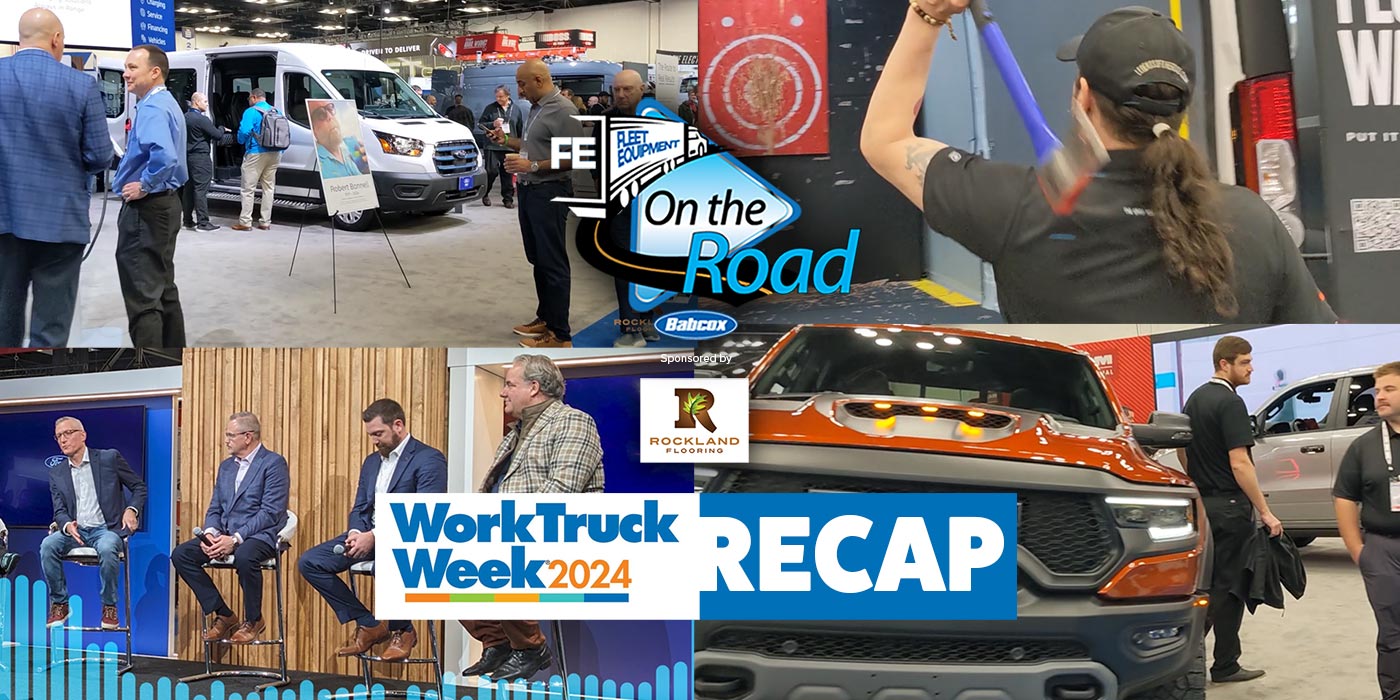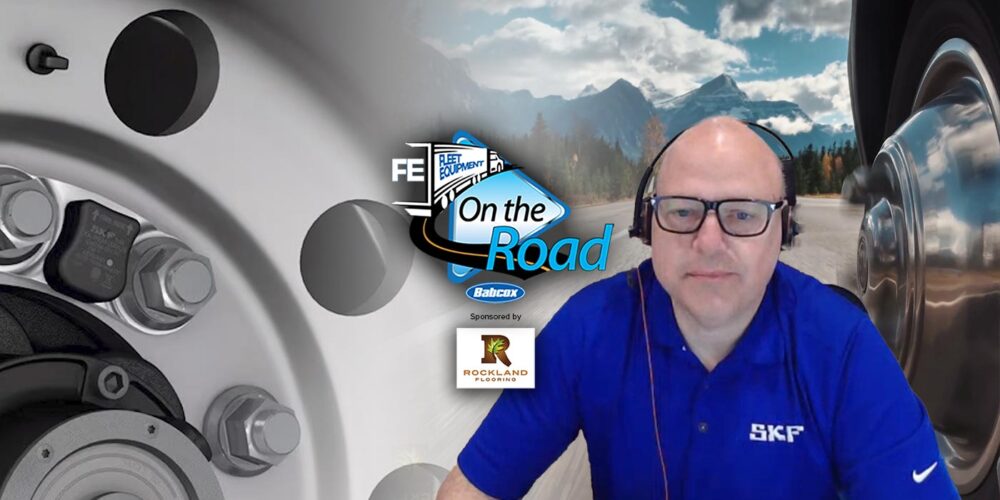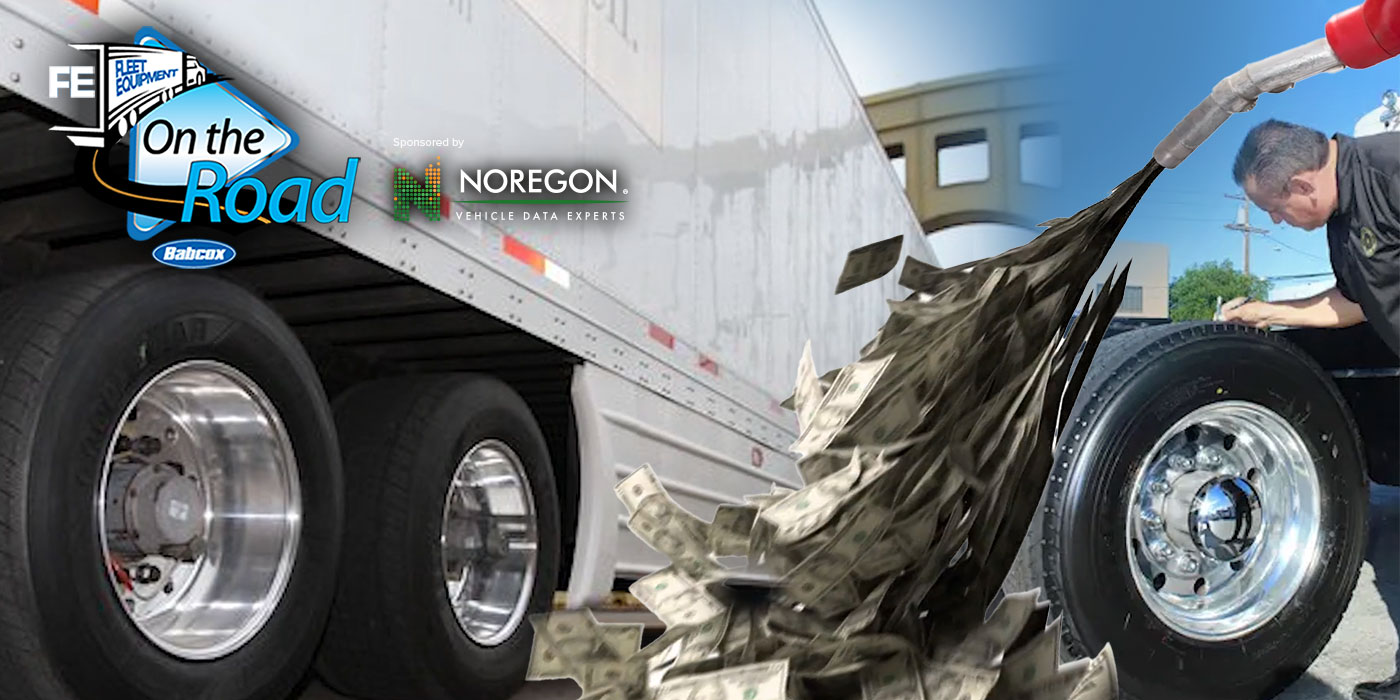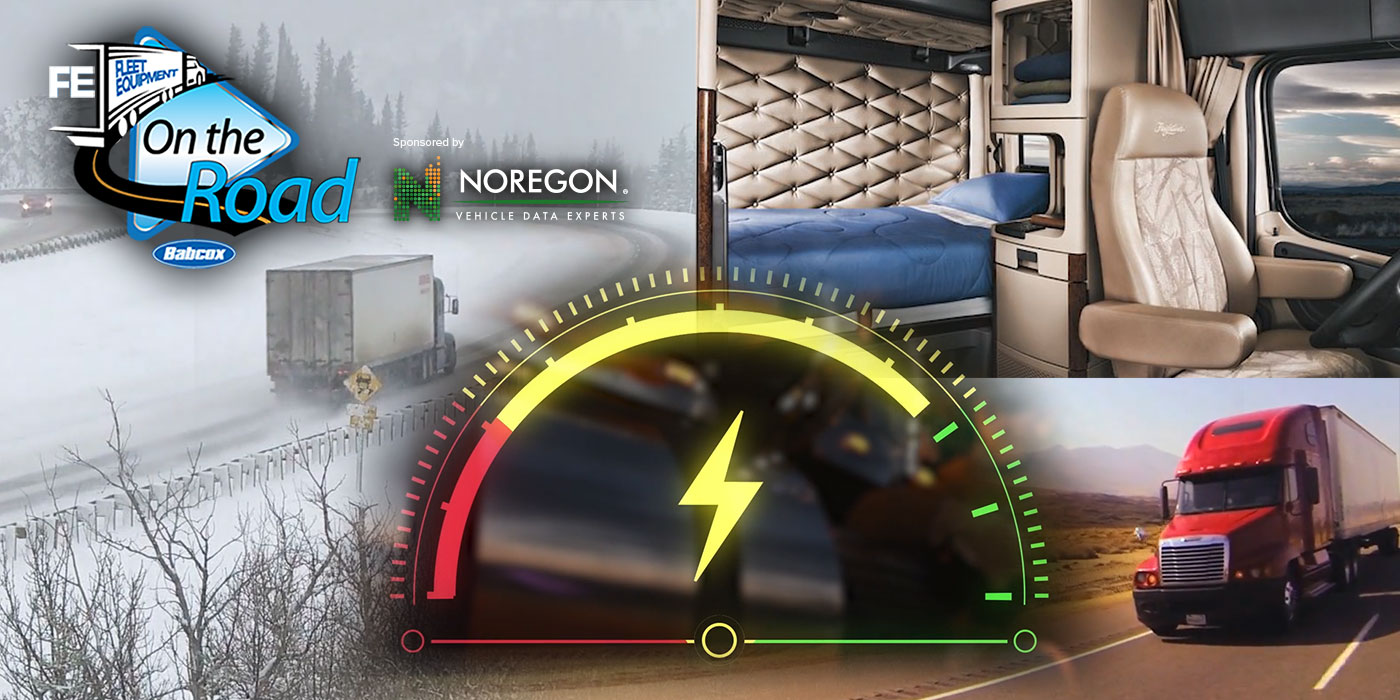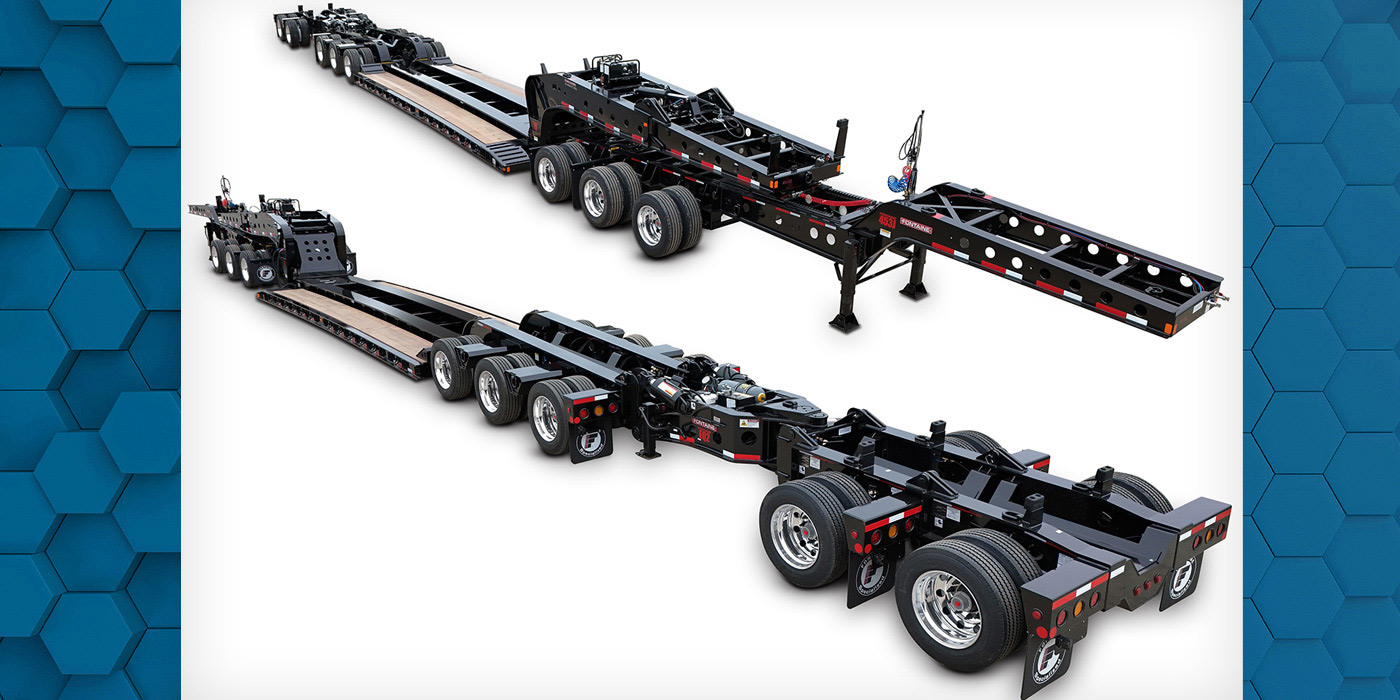There’s plenty to like about the winter, but it’s not all skiing and hot chocolate, especially if you’re a fleet manager who has to worry about the damage the harsh season will cause your equipment. Today, we’re going to discuss trailers, which are susceptible to a variety of potential issues when running during the winter. Luckily, with the right maintenance program, much of this damage can be avoided altogether. So let’s go over what you need to know.
There are two main areas of concern for trailers in the winter: keeping the trailer clean of deicers and other debris, and keeping moisture out of the trailer itself.
Let’s start with those pesky chemicals—a necessary evil of the winter roadways, at least in those states and provinces where it snows. They help keep your tires’ footing on the snowy ground solid, but over time on the body of the truck and trailer itself, they can lead to oxidation and corrosion damage.
The answer, naturally, is washing the trailers frequently. The trailer industry recommends you use a power washer along with a mild detergent, degreaser, or chemical solution that does not harm the original coating system.
How often should you do this? Your mileage may vary, and I mean that literally—the frequency changes pretty significantly depending on which regions of the country your routes are, and how likely the trucks are to encounter snow and ice. Washing schedules can be tailored to each truck and its routes.
Let’s move on to the second major winter consideration: the trailer air system. It’s important to keep the air system clean and dry. The last thing you want is moisture making its way in during the day and freezing overnight. Air lines, hoses and mounting fixtures can become brittle when cold and more susceptible to failure. Enclosed air systems for brakes and air-operated equipment should be drained regularly of accumulated moisture, and you’ll want to make sure they’re free of ice and mud.
Third on the winter trailer checklist is tires. Tires with the proper tread depth are especially important in the winter, as tread depth makes sure the tires properly disperse the water, snow and slush so that they can make solid contact with the roadways. In the winter there are a lot more potholes, as you’ll know very well if you live where I do, so make sure you’re checking the tires for damage as well. And of course in the winter as in all seasons, you’ll want to make sure your tires have proper air pressure.
Fleet Equipment’s On The Road is sponsored by Noregon. Subscribe to our newsletter to catch every episode as we dive into the best practices and servicing information to keep your trucks On The Road.




